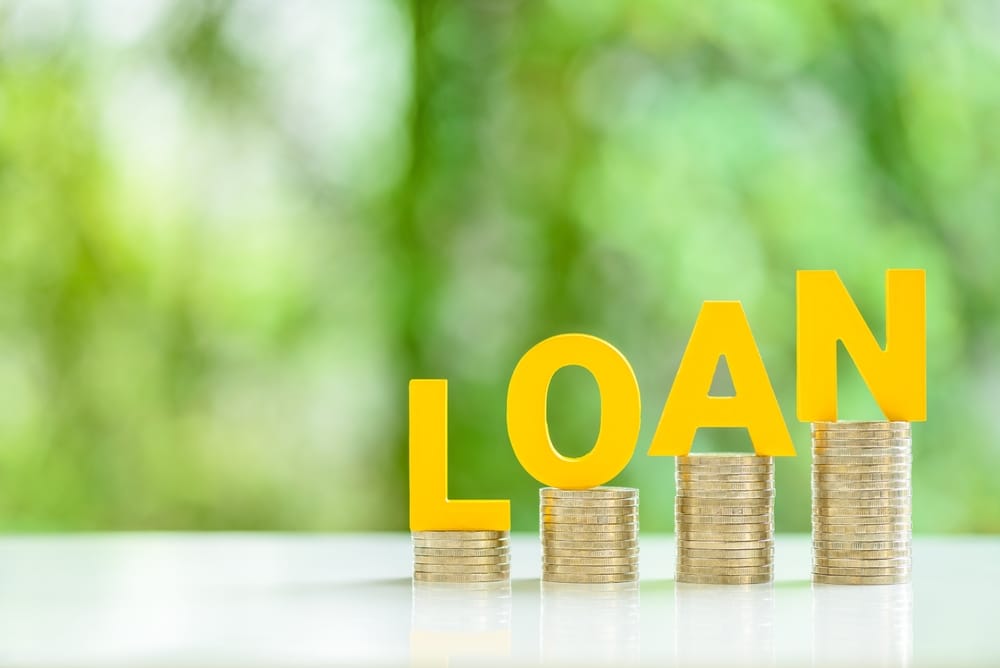Companies and individuals obtain funds from financial institutions in different ways. Lines of credit and loans are two of the most common financing methods. Some think that two mean the same thing. However, there are key differences between them. This article discusses lines of credit and loans to help you understand what aspects separate them.
Defining a Loan
Loans are credit products that come with specific amounts based on the borrowers’ creditworthiness and financial need. Issuers of loans make one-time deposits of the borrowed funds into borrowers’ accounts.
📈🤖 Unlock unparalleled trading potential with GPT Stocks Master AI! Revolutionize your portfolio, leveraging real-time insights and predictive analytics. Don’t miss out – step into a world where precision and profitability meet. Ready to transform your trading journey? Click “Master My Trades” now for your exclusive access! ✨🚀📊
Some loans require security, while others can be obtained with the borrowers providing collateral. Issuers of secured loans are legally allowed to repossess collateral if the borrowers default on their loan obligations. As for unsecured loans, since their lenders do not request collateral, the amounts offered are usually low and attract extremely high interest.
Types of Loans
Here are the different types of loans offered by various financial institutions:
Mortgage
This type of loan is used to acquire property, which also serves as collateral, meaning the lender can repossess the purchased property in case of loan default. Lenders have set different minimum credit requirements that borrowers must meet to qualify for mortgages. Once your loan application receives approval, the lender will pay for the house and expect you to make monthly payments until the full loan amount is paid off. Since the purchased home serves as collateral, mortgages tend to attract low interest rates.
Automobile Loan
Automobile loans require collateral like mortgages. The purchased vehicle acts as security. To qualify for an automobile loan, you must show the ability to pay a specified down payment. After that, the lender will pay the remaining amount and require you to make monthly repayments. If you default, your car will be repossessed by the lender, who then sells it to recover the remaining balance.
Debt Consolidation Loan
Lenders of debt consolidation loans allow borrowers to clear all their outstanding debts. That means instead of paying multiple loans every month, a borrower pays a single payment to the new lender. Note that many debt consolidation loan lenders do not require borrowers to provide collateral.
Home Improvement Loan
This type of loan can be secured or unsecured, depending on the lender. It is granted to borrowers who need to repair their homes to boost their value.
Student Loan
Student loans are available to students who are unable to fund their educational expenses. The loan amount a student can receive is based on their parents’ creditworthiness. Still, the student is obliged to make repayments.
Business Loan
Also known as commercial loans, business loans are credit products offered to large, medium, and small businesses. They are used to purchase inventory, cover daily operational costs, and hire staff.
Defining Line of Credit
Lines of credit differ from loans. If you receive approval for a line of credit, your bank will set a credit limit that you can use over time. Unlike a loan, a line of credit can used for any purpose. That means you can use it to pay for daily purchases or expenses like small renovations and trips.
While most loans attract low interest rates, lines of credit, on the other hand, have relatively high interest rates. Moreover, the issuers of credit lines offer lower amounts than loan lenders.
Types of Lines of Credit
Personal Line of Credit
This credit line is unsecured. It comes with a low credit limit and a considerably high interest rate. To qualify for a personal line of credit, your credit score must be at least 600.
Business Line of Credit
This credit line is offered to businesses based on factors like profitability and market value. Some lenders request collateral, while others do not.
Home Equity Line of Credit
This type of line of credit is offered based on the borrowers’ home value. The higher your home value, the higher the credit limit. Since home equity lines of credit are secured, lenders tend to charge low interest rates.

